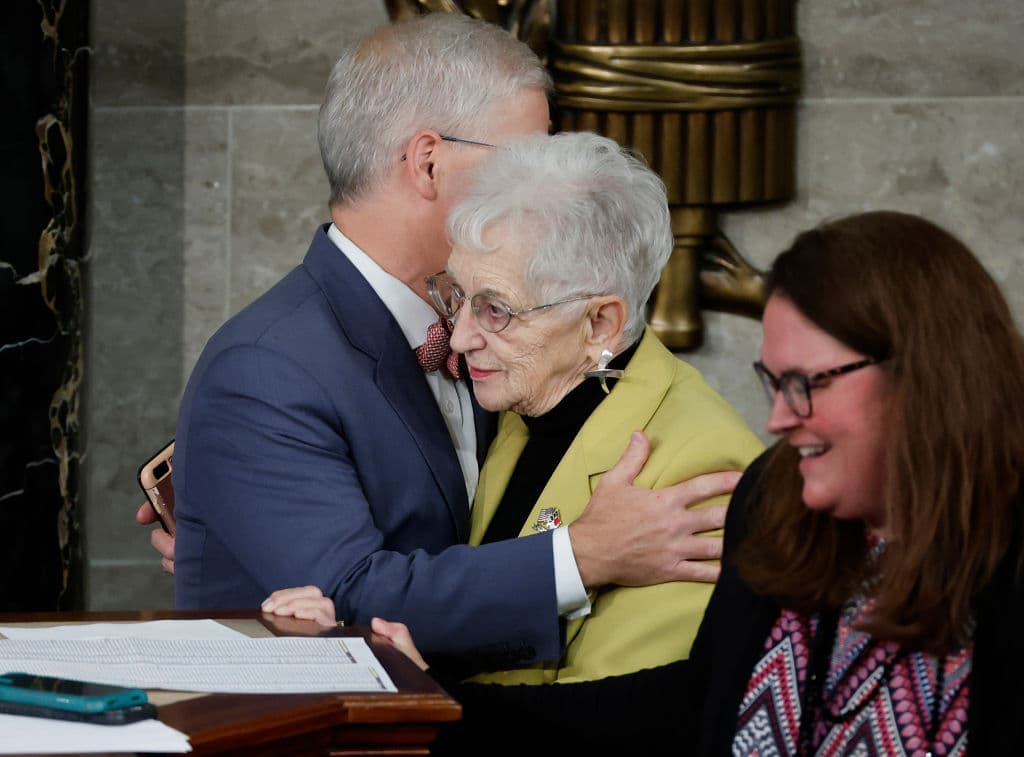‘Unhelpful’ Harvard Gets ‘Final Warning’ That It Will Face Subpoena, Sanctions If It Persists in ‘Grossly Insufficient’ Responses to House Antisemitism Probe
Harvard shared the minutes from four meetings of the secretive Harvard Corporation that took place in October and November, each of which were summarized with a single sentence.

Harvard could be subpoenaed if it does not provide documents to Congress relating to its antisemitism investigation by next Wednesday.
Please check your email.
A verification code has been sent to
Didn't get a code? Click to resend.
To continue reading, please select:
Enter your email to read for FREE
Get 1 FREE article
Join the Sun for a PENNY A DAY
$0.01/day for 60 days
Cancel anytime
100% ad free experience
Unlimited article and commenting access
Full annual dues ($120) billed after 60 days

